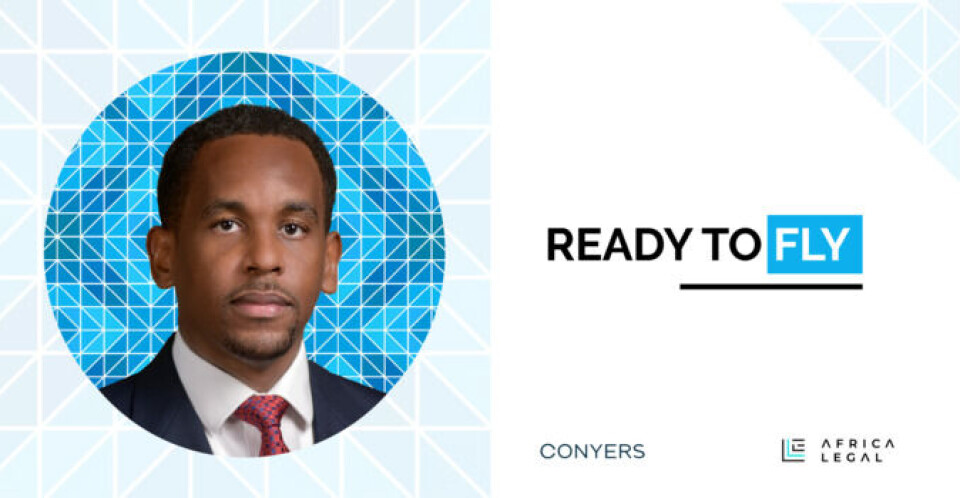Using a corporate entity based in the BVI could help innovative African technology businesses gain greater access to international funding, among other benefits, says Nicholas Kuria, a counsel in the BVI office of Conyers.
“When funding becomes more global for these African companies, they’re going to have to balance local management, and maybe initial local shareholders and what they want, with investors coming in from the US, from Asia, who may not all be comfortable with a local African company being the vehicle in which they hold their shares,” said Kuria, who worked in the London offices of large international law firms before relocating to the Caribbean.
Kuria explained that the BVI provides an ideal neutral platform for investment on a cross-border basis, where shareholders and investors from all over the world can pool investment funds with shared confidence in the entity they’re investing in. Globally recognised, BVI entities are listed on the New York, London, and Hong Kong stock exchanges.
“These are all significant corporates now, but some of them began as start-up entities,” said Kuria, “so that really is the runway we offer to some of these start-up companies in Africa.”
Through his role at Conyers, a leading firm with expertise in the largest transactions involving BVI entities, Kuria has already seen African businesses in other sectors like heavy industry and mining, utilise BVI companies to facilitate external lending and investment. He believes there’s increasing interest now and moving forward in African digital businesses.
“Fintech has become a significant driving force for the African internet economy broadly, contributing directly to GDP growth and trickling down to other sectors as well,” he said. “What we’ve seen is that fintech start-ups have been attracting a lot of funding, particularly now as you’re seeing a lot more cross-border investment, not solely from African sources.”
While Covid battered businesses and national economies all across the globe, the digital sector “bounced back” relatively quickly, and has shown rapid growth.
“An unintended consequence of the pandemic was it gave us a window into what the technology sector could do for us going forward, and how many problems it will address,” Kuria explained. “Being able to do your banking, work, shopping without ever having to leave your house? That would have come anyway, but the pandemic accelerated the process.”
Kuria has worked on a number of cross-border corporate and financing transactions, including a recent acquisition by a US fintech company of an Israeli online merchant that was utilising a BVI entity. Investors across the globe are increasingly looking to deploy their capital into the digital space, he says.
“What we see coming is that as more digital businesses, particularly in the fintech space, take root within the continent – which is a growing market – we’ll see more of these large transactions and more funding being attracted towards Africa. And with that there’s a need for structuring and advisory work, which is where we come in. I think we’re on the brink of quite an exciting time for the continent.”
To join Africa Legal's mailing list please click here

